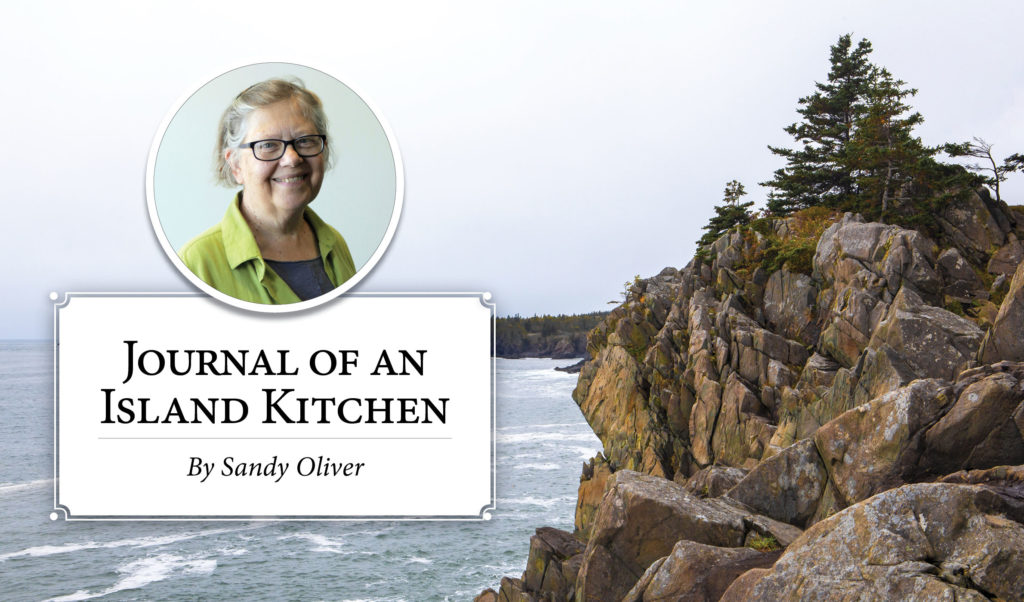Mother Nature has had it with her most pestiferous species. She has answered the species’ greed and carelessness with wildly fluctuating weather and now disease. Since she has outlived all of us and our vaunted civilizations by millions of years, we can be pretty sure she’ll come out on top of this one, too.
Nature doesn’t actually ask much of us to get back into a good relationship with her.
She probably would like us to stop using the products of the Paleozoic era which she wisely buried deep in the ground where the carbon was carefully sequestered from her atmosphere. A couple of months of less driving and flying has yielded cleaner air, the result of millions of people doing one thing differently.
She likes her polar ice caps and it ought to be up to her to decide when to melt them or refreeze them, even to form glaciers to plow away our northern cities, if she wanted.
If we don’t pay attention, we can end life on the planet as we know it, and nature won’t care. The planet will continue to exist and our age, which is already a blink in earth-time, will go the way of the era that resulted in oil in the first place.
Nature would probably like fewer human beings, and certainly doesn’t approve of them consuming so greedily. It wasn’t her idea to build malls, pave ground for parking lots, turn shopping into recreation, so we could go buy stuff we don’t need until we had to cry for help from Marie Kondo to come and sort our excess, put it into plastic bags, and leave it on a curb to be taken to away which isn’t really away, but just someone else’s place. Nature isn’t going to miss Nieman Marcus or J.C. Penney one bit.
And in order to shelter all these humans, we have encroached on the wild places that supply both pathogens and plants and organisms that often offer ingredients for cures. That makes cures unavailable to us and unleashes pathogens that jump from wild creatures to humans. Enough pathogens on the loose and she can reduce our human numbers, perhaps her intent all along.
It looks like the greediest and most consumptive humans, we in America, are getting our due with 4 percent of the world’s population and 28 percent of the deaths from COVID-19, though we, in an attempt to foil her, redirected the disease to a vulnerable group of elders, many women, and black and brown people.
The wealthy dodged it by fleeing, while essential workers stayed on their job and caught it. Warehoused humans, elders in care facilities, prisoners in jails, meat cutters on speeded up lines, and farm workers in dormitories, all the most vulnerable.
What does she want from us? And what does this have to do with food and cooking?
Humankind needs food, shelter, and (in certain climates, in certain seasons) clothing. We need the food in order to get to the other two. So it all starts with food and its preparation for eating.
Shorten long and fragile food chains from halfway across the globe to about 50 feet outside of our kitchens whenever we can, and not let it get much farther than a hundred miles. Lots of people, thank goodness, got the message: new gardens everywhere and shortages of seeds from sellers are great signs.
Citrus, coffee, and other luxury foods can tolerate longer, vulnerable supply routes as long as our basics—grains, dairy, meat—are closer by. Maine could supply all the apples we can eat. Ditto potatoes, lots of greens and vegetables, other fruits, and a great many grains.
Get rid of monoculture on land or in water. Nature never practices it: look at any uncultivated piece of ground to discover the great variety she picks to plant from her abundantly varied seed packet. Look into the forests she plants, or into the waters around us and see mind-boggling variety.
Learn to cook. A lot of people lost restaurant jobs in the pandemic, and some will come back. Lots of people subsist on take out and dining out, and when I wondered aloud how we let that happen, hinting at the insanity of it, a friend commented that it was a lifestyle choice. True. One that isn’t sustainable, hurts consumers and producers. And would keep us out of the middle aisles of the grocery stores where all the premade stuff is that too often depends on unsustainable and downright destructive commodity agriculture of soy and corn.
Nature doesn’t want much, really, and the fix can start in our kitchens.
Sandy Oliver is a food historian who lives, gardens, cooks, and writes on Islesboro.





